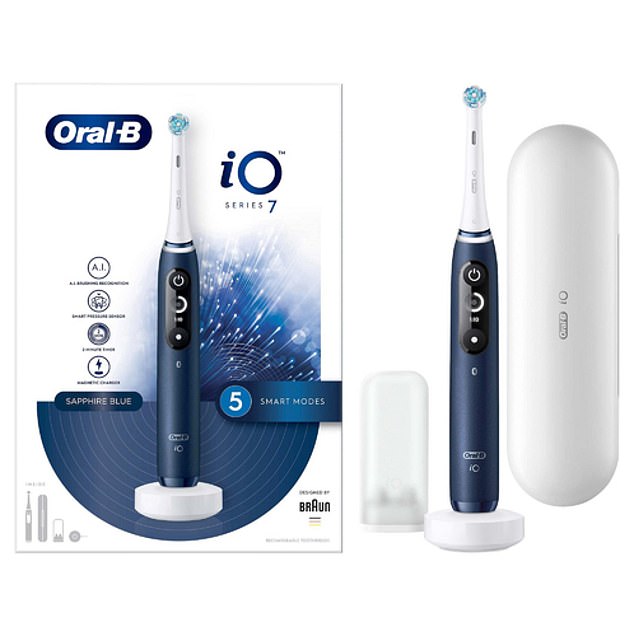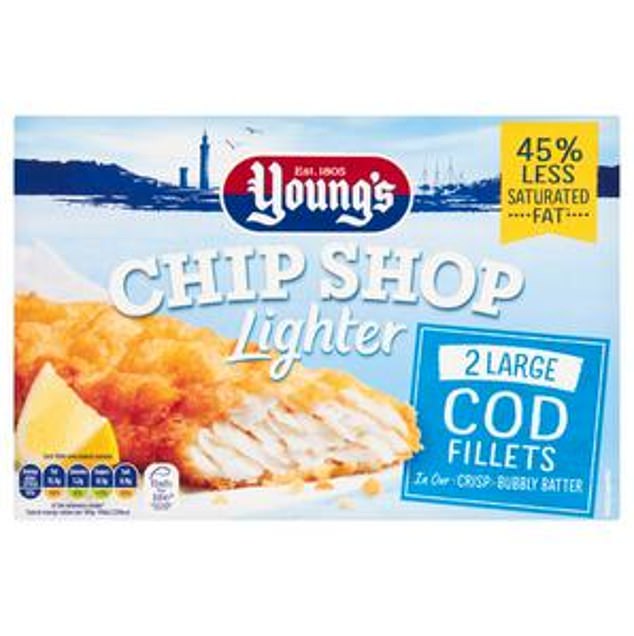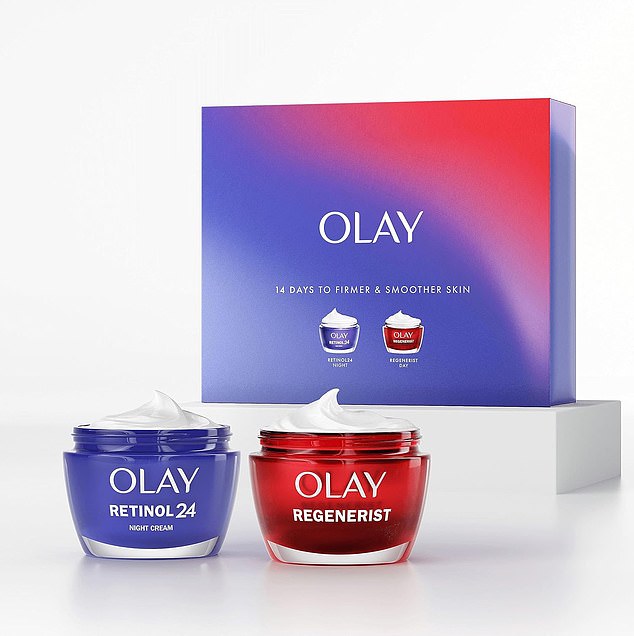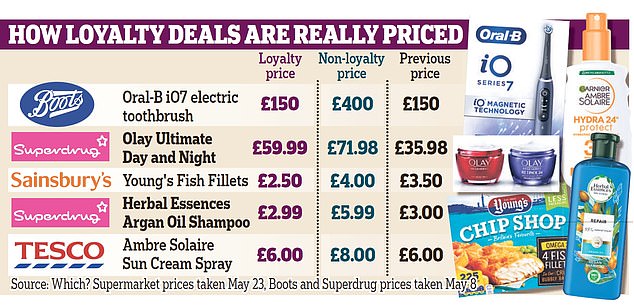Boots and Superdrug are among the worst retailers for using “rip-off” loyalty pricing practices, raising prices days before offering “discounts”, a new report warns.
Consumer group Which? has accused beauty and supermarket retailers including Sainsbury’s and Tesco of using their loyalty card schemes to artificially increase prices for non-loyal shoppers.
An analysis of more than 12,000 products found a number of items that were priced higher than before, despite being marketed as loyalty promotion offers.
Loyalty card programs appear to offer good value for money, as shoppers can accumulate points and access discounted prices.
But more than half of shoppers believe non-member prices are higher than the regular prices of products at a given store, according to a survey.
Consumer group Which? has accused beauty and supermarket retailers including Sainsbury’s and Tesco of using their loyalty card schemes to artificially increase prices for non-loyal shoppers.
Supermarkets have come under fire in the past for such schemes, which offer lower prices to customers who sign up but penalise those who can’t or won’t.
The new report found that prices on some 649 Boots items rose for non-members on the same day a loyalty promotion began.
In one of the worst examples, an Oral-B iO7 Blue electric toothbrush at Boots was priced at £400 for non-members and £150 for its loyalty card members in May.
However, the toothbrush was priced at £400 for all customers for just 13 days before the offer went live – before that it was £150 for all buyers. The price has therefore been increased by £250 for non-loyal buyers.
Meanwhile, at Superdrug, the Olay Ultimate Day and Night Duo is selling for £71.98 for non-members and £59.99 for loyalty card members.
But the product was only priced at £71.98 for 13 days before membership pricing was introduced to give the appearance of a discount for loyalty card members.
Prior to this, the bundle had been selling for £35.98 to all buyers.
At Tesco, Ambre Solaire spray sunscreen was selling for £6 for loyalty members and £8 for non-members, but before the offer, the price was £8 only for the 14 days leading up to the offer. Before this offer, the price was £6 for everyone.
At Sainsbury’s, Young’s Chip Shop Omega 3 fish fillets were on sale for £2.50 for members and £4 for non-members, but just 21 days earlier they were priced at £3.50 for everyone.
The retailers have also been found guilty of keeping loyalty offers on the market for six months, indicating that “loyalty” discounts may not offer the value for money they appear to, the group said.

In May, Boots’ Oral-B iO7 Blue electric toothbrush was priced at £400 for non-members and £150 for its loyalty card members. However, the toothbrush was priced at £400 for all customers for just 13 days before the offer went live – before then it was priced at £150 for all shoppers.

At Tesco, Ambre Solaire sunscreen spray was selling for £6 for loyalty members and £8 for non-members, but it had only been £8 for 14 days before the offer. Before this offer, it was £6 for everyone.

At Sainsbury’s, Young’s Chip Shop Omega 3 Fish Fillets were sold to members for £2.50 and £4 for non-members, but just 21 days earlier they were priced at £3.50 for everyone.

At Superdrug, the Olay Ultimate Day and Night Duo pack has been selling for £71.98 for non-members and £59.99 for loyalty card members. However, the product was only priced at £71.98 for 13 days before the member price was introduced.
Ele Clark, retail editor at Which?, said: ‘Most of the discounts weren’t misleading, but there were some questionable prices for non-members and some examples that looked like outright rip-offs.
‘Meanwhile, some products were always, or almost always, on loyalty promotion, making it difficult to spot a genuine offer.’
Which? has urged the Competition and Markets Authority (CMA) to clarify how consumer law applies to loyalty pricing and to use its new powers if companies break the rules.
The regulator will gain powers to impose direct fines on companies for breaches of UK consumer law.
Supermarkets use loyalty cards to track customers’ purchasing habits and collect their personal information.
Anyone who signs up must agree to the privacy policy, which typically includes sharing their data with food brands and, in some cases, advertisers.
In response to Which?’s report, all of the stores mentioned said they followed industry pricing guidelines to offer good value.
A Boots spokesperson said: “We have always been committed to offering customers great value, helping them save money on their health and beauty needs.”
A Superdrug spokesperson said: “Our products are regularly offered at member-only prices, multi-buy promotions and open-to-all price deals to ensure all our customers can save. We regularly compare market prices to ensure they are competitive.”
Sainsbury’s said its shoppers understand that factors such as inflation and promotions affect prices.
A Tesco spokesman said its Clubcard price promotions followed strict rules to ensure they represented genuine value, while the Co-op said base prices had not been raised to suit its members’ pricing.
Some links in this article may be affiliate links. If you click on them we may earn a small commission. This helps us fund This Is Money and keep it free to use. We do not write articles to promote products. We do not allow any commercial relationships to affect our editorial independence.

